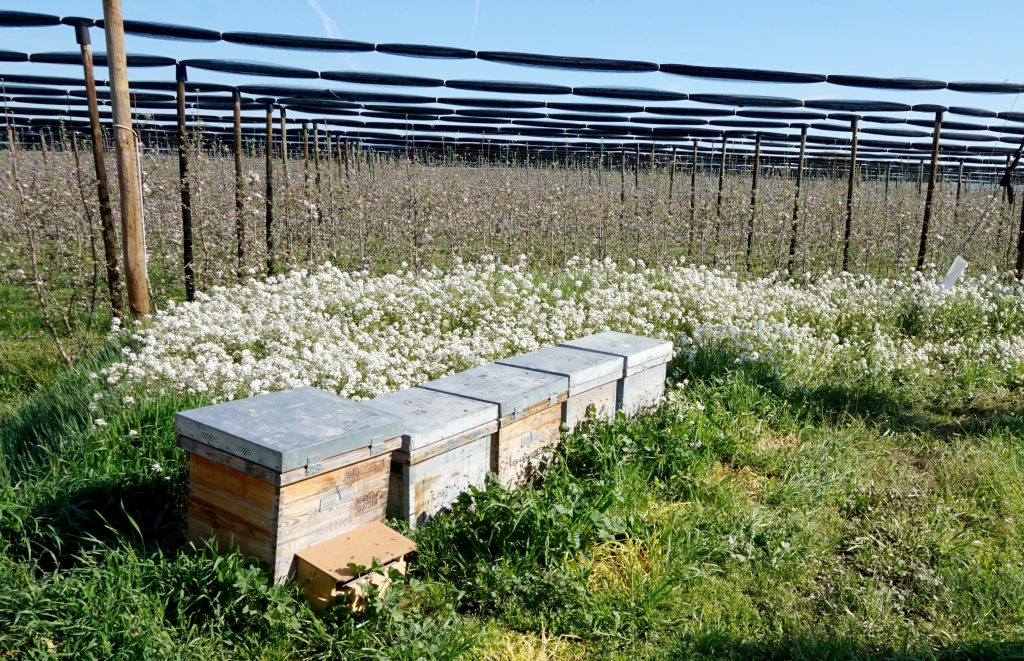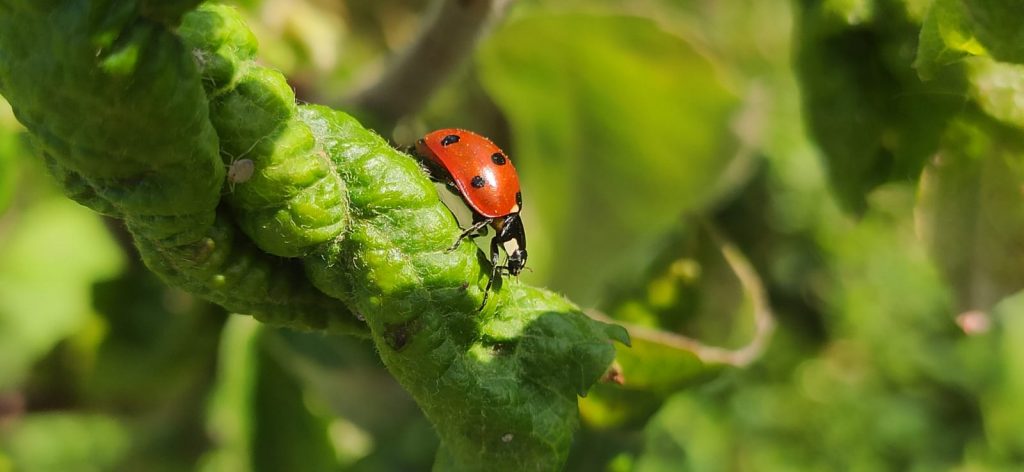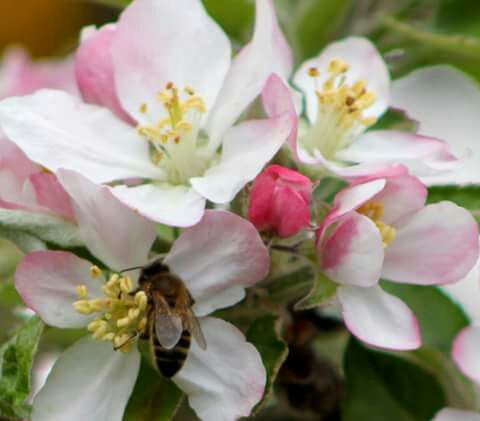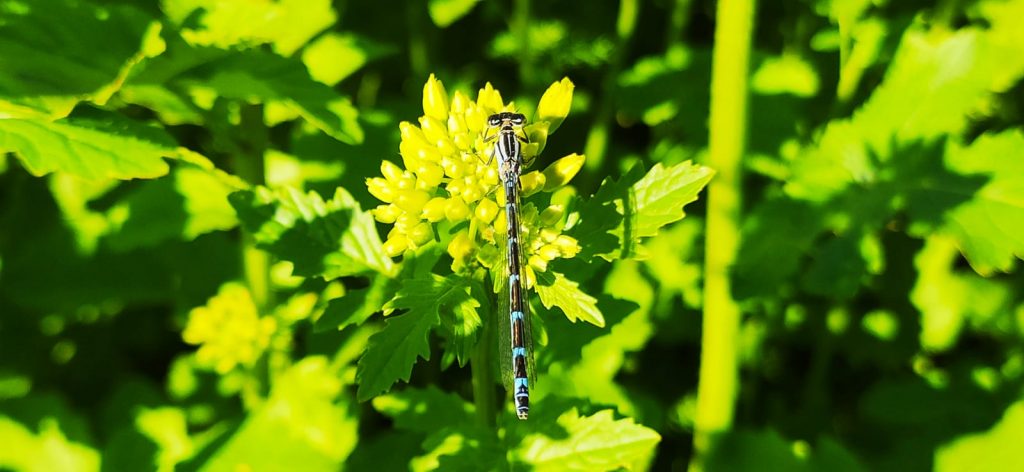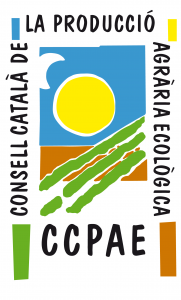ORGANIC GROWING
Organic farming aims to achieve the highest quality food while respecting the environment and preserving soil fertility.
For us producing organic food goes beyond getting healthy food. Producing organically is caring for and preserving our planet, it is a commitment and a responsibility.
To get here we needed to be trained and understand that change goes through very careful and systematic processes, but at the same time, through learning to listen to what the earth and its environment tell us.
What are the advantages of ORGANIC GROWING?
1. Healthy products. They are free of pesticides, chemical fertilizers, additives and preservatives. They have been cultivated with natural fertilizers to enrich and give life to the land, with auxiliary fauna for pest and disease control, and with the optimal and necessary structures for the control of humidity and temperature. Organic fruits do NOT need to be peeled.
2. They are 100% natural products. They have not been modified either chemically or genetically.
3. It encourages quality not quantity. Organically grown products retain their flavor better because the growth cycles that the plant needs to complete its maturity have been respected, providing the product with quality in nutrients and flavor.
4. Increases biodiversity. Organic production does not harm other species of flora and fauna that surround the crop, on the contrary, every form of life can be considered an ally and is introduced into the crop ecosystem. Practices such as the planting of fences to avoid contamination or keeping flora is maintained in the margins (as acts as a refuge for useful fauna) are carried out.
5. Helps preserve the environment. Avoiding phytosanitary products and chemicals reduces soil, air and water pollution.
We have the following certifications:
ORGANIC and GLOBAL GAP
Towards a regenerative and biodynamic agriculture
We are currently training and learning about what is known as biodynamic agriculture, a holistic view of agriculture in which vitality is the priority.
Biodynamic farmers return more to the land than they get when they cultivate it. The farm is considered an organism in which plants, animals and humans live in harmony.
We share one of the main goals of regenerative agriculture, that of preserving and improving soil fertility. Regenerative agriculture describes agricultural practices that reverse climate change by restoring organic matter and the biodiversity of degraded soil. We use best practices such as favoring vegetation cover or applying the compost to the soil .
